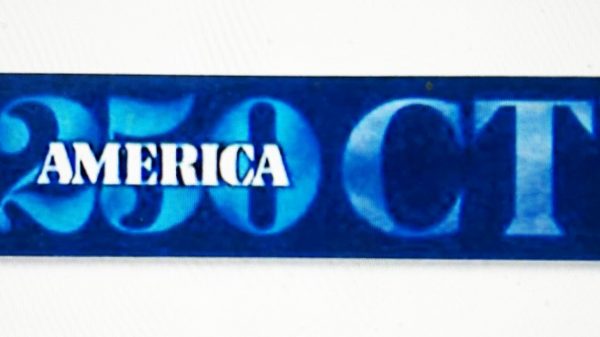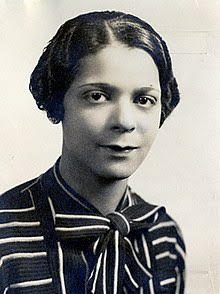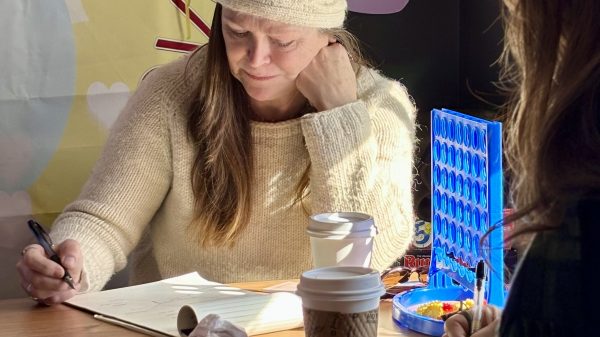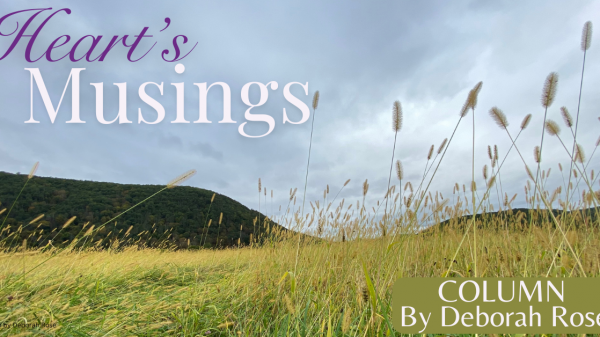Editor’s Note: As the Kent Dispatch, inspired by the former Kent Good Times Dispatch, enters its second year of publication, former reporter Bob Deakin takes a look back at its very beginnings. He conducted an interview with Walter Matson, who lived in Kent at the time the first edition of the KGTD was published on January 17, 1952, and who was one of the original Boy Scouts who gathered its stories.
By Bob Deakin
KENT—Beneath the masthead of the Kent Good Times Dispatch on its very first issue was a quote from poet Henry Van Dyke: “My son, it is better to follow even the shadow of the best than to be content with the worst …”

John and Jane Greene, owners, editors, and adult advisors to the staff of Boy Scouts who gathered the stories, believed in that sentiment and inspired a generation of young men, one of whom loved his job so much that it laid the foundation for his career and life.
Walter Matson grew up in Kent and witnessed the genesis of the Kent Good Times Dispatch.
“When John proposed putting out a weekly newspaper as a scout project, we were excited,” Matson recalled. “We had no idea about how to publish a newspaper, but we were excited and anxious to give it a try. I don’t know who came up with the name Good Turn Daily, a phrase from the scout law, but we all agreed that it was appropriate.”
The early issues were printed and assembled in the basement of the Community House.
“We typed up stencils, stuck them on an old hand-cranked machine, inked up the stencils and started cranking,” he said. “There was much trial and error, ink-covered hands and smudged copies, but a grand adventure.”
With time, the kids made it work, and Kent had a weekly newspaper. Kent’s townspeople were the reporters and ad salesmen and were proud of their paper. Over time, the Greenes became friends and mentors to the young Wally Matson.
“John and Jane were the first adults that I had meaningful conversations with,” Matson said. “They would answer my questions about their growing up—John in the Boston area and Jane from Texas. They worked at the Associated Press in New York City. John kept me enthralled by all the news stories he covered and the people and places he saw.”
When high school graduation loomed, Greene made Matson a generous offer with a job as a copy boy at the AP in New York. Matson was as concerned about working in the city as he was about a new job at a big company. He took the train to the AP offices in Manhattan, where Greene still worked, and was hired.
“Talk about culture shock,” Matson said. “Going from the little town of Kent to the middle of Manhattan is mind-blowing.”
The job was a success but before long, the military called.
“I was 1-A and, like all eligible men, I had a mandatory service commitment. I talked with my boss and he said by law they had to offer me my job back after my service commitment,” he related. “Off I went to three and a half years in the Air Force.”
He remained in touch with the Greenes and visited their home when he was on leave.
“They were always happy to see me and hear about my military service,” he said. “After my discharge, I went back to the AP job in New York. I worked at the foreign desk. It was a challenging job, and I enjoyed the hustle and bustle of being at the main office.”
Eventually, Matson began to realize that he didn’t want to get married and raise a family in New York. At the same time, his father moved out of Kent, so the family homestead—three houses north of the First Congregational Church of Kent—was no longer an option.
He eventually stayed with his sister in Danbury and took a job with a printing company. Life took a turn for the better one night at the bowling alley when he met Judy, who would become Mrs. Matson and the mother of their three children. The Greenes were at the wedding.
“They were overjoyed when our three sons were born,” Matson said. “John was so proud when we asked him to be the godfather to our second son, Thomas.”
Through the years, the Matsons and Greenes stayed connected. “John and I played many rounds of golf together. He was always a fierce competitor.”
Matson and his wife made the occasional trip to Kent, whether to see friends and family or help publish the GTD.
“John would call me and ask me to come up to Kent and run the small offset press they used to get out the paper,” he recalled. “It was like old times once again. I was pleased that they reached out and I was able to help.”
The Matsons describe Greene’s personality as gregarious, warm and intelligent.
“John was a terrific guy. A gentleman,” Judy said. “He always had something interesting to talk about.”
Longtime Kent resident Karen Chase took over as editor of the GTD a couple of years after the Greenes sold it. She remembered them making her transition easy. Decades later, she was instrumental in bringing a news publication back to life in town.
“When I first started as the editor, Jane treated me well and wrote me a nice letter. He was very easy-going. Distraught after his wife died, of course,” Chase said.
She said the popularity of having a newspaper in town depended on the reader’s point of view.
“A lot depended on your politics. Kent at the time was a solidly Republican town,” the former editor noted. “The town fathers weren’t particularly interested in having someone reporting on their activities. Others thought it was important. Of course, everyone was excited when their children’s photos appeared, especially on the front page. Everyone looked forward to reading it, whether they agreed with the Greenes’ views or not. They were quite vocal in their support of the Democratic Party.”
They sold the paper in 1981 but continued to assist and write occasional editorials.
As the 1980s progressed, Jane Green’s health deteriorated, crushing her husband’s spirits.
“He treated her so well,” Judy Matson added. “It was sweet; he’d use terms of endearment like ‘darling’ and ‘sweetheart’ when he spoke to her. He’d always open the car door for her and I can see how it rubbed off on Wally. It worked for him when we started dating.”
Jane Greene died in December 1986 and her husband would often pay tribute to her in his editorials. He moved to Florida briefly in 1990 but returned not long after for health reasons and died in September 1991, survived by a daughter and two grandchildren.
“They were two people who had guiding hands on my life journey,” Matson said. “I did have the opportunity to thank them for their friendship and love. I told them I loved them and thanked them for the many values and life lessons they shared with me. There were tears all around. I still visit their resting place in the Congregational Church Cemetery in Kent.”































